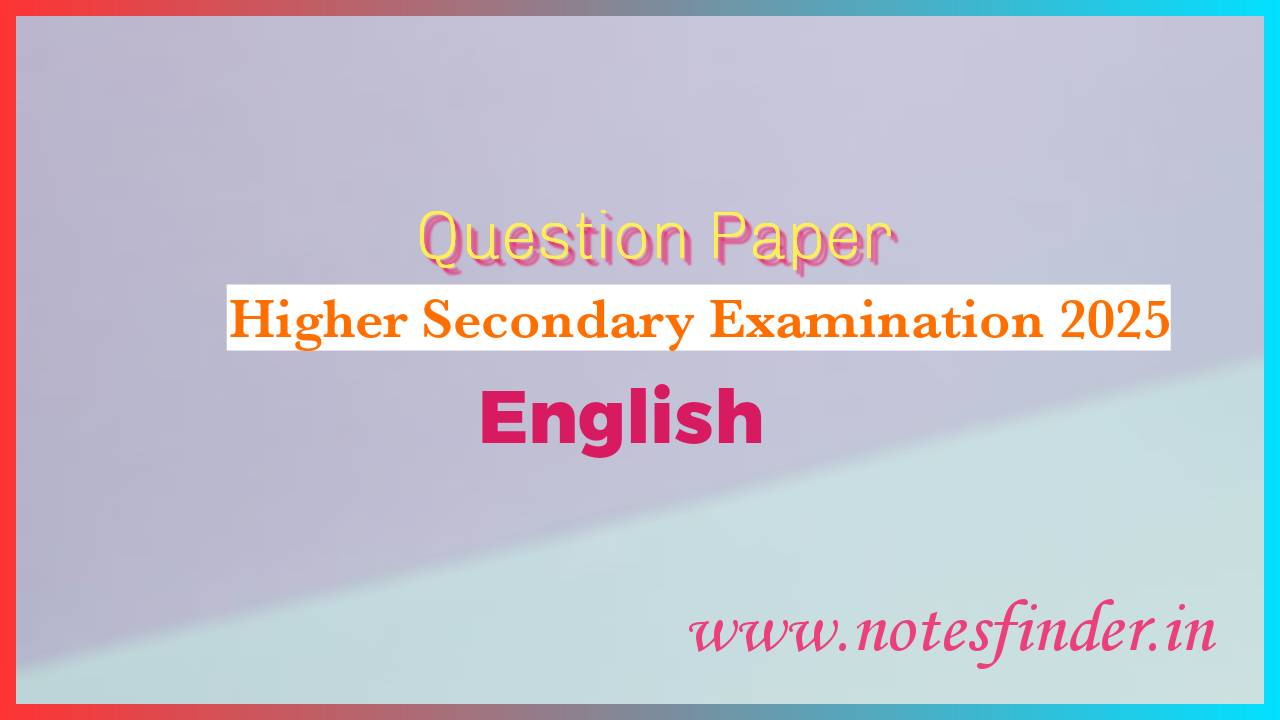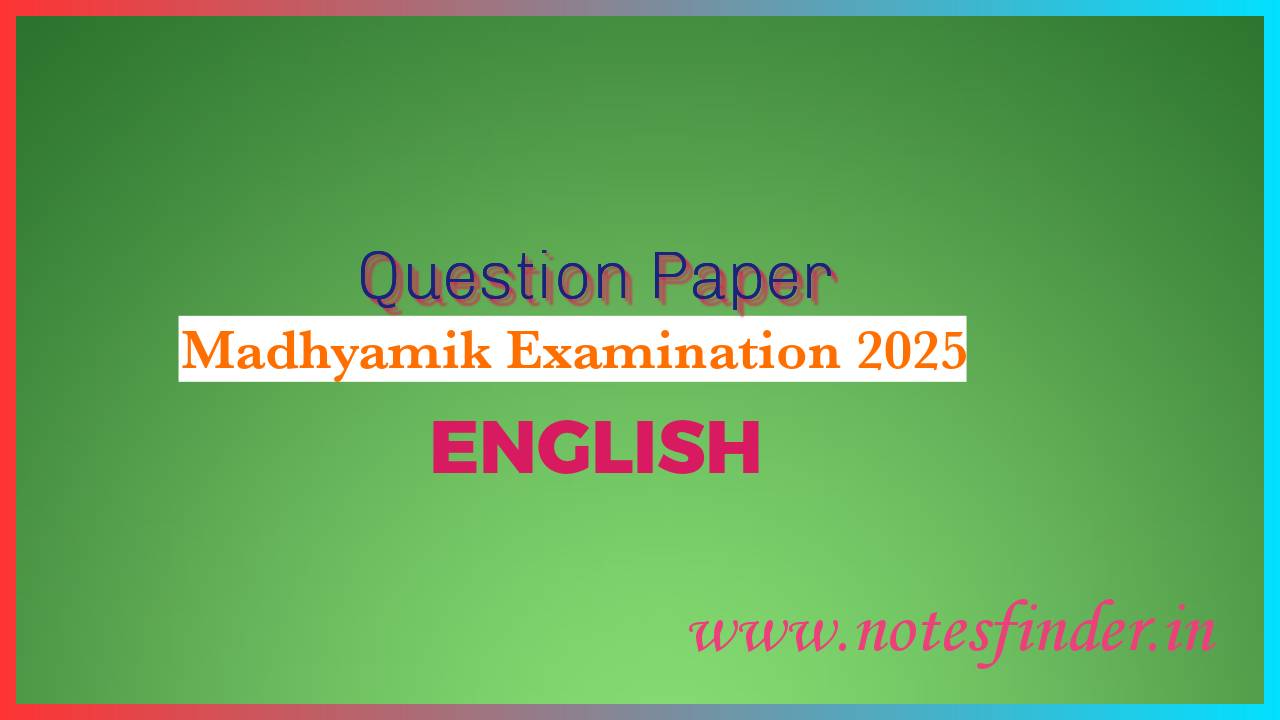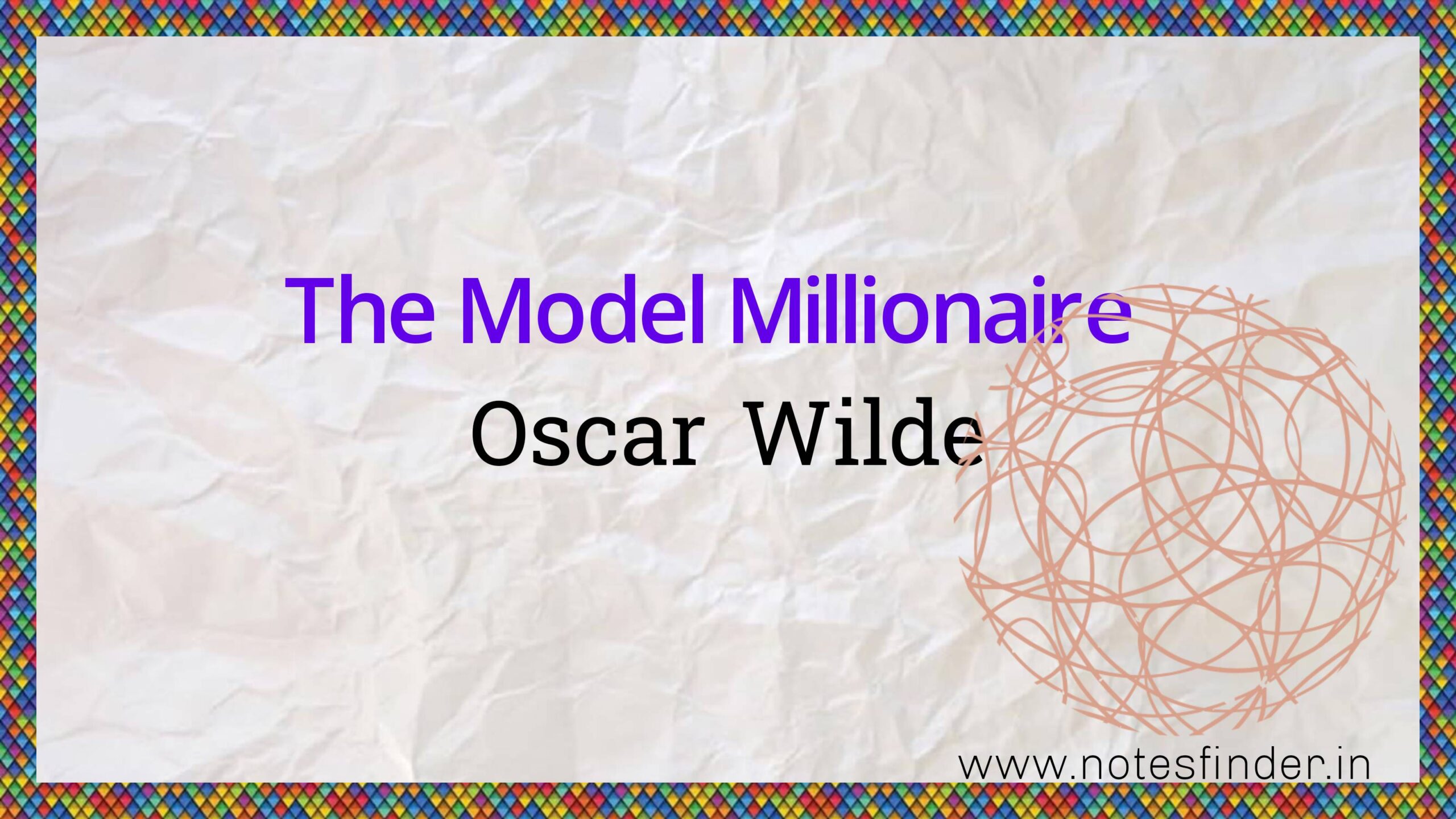1. The Sick Rose is written by —
(a) William Blake
(b) William Wordsworth
(c) Robert Browning
(d) Octavio Paz.
Answer: (a) William Blake
2. The Sick Rose is a poem of —
(a) six lines
(b) two lines
(c) eight lines
(d) twelve lines.
Answer: (c) eight lines
3. This poem is taken from—
(a)Songs of Experience
(b)Songs of Innocence
(c)Poem collection
(d) none of these
Answer: (a)Songs of Experience
3. In the poem The Sick Rose the rose sickens because of —
(a) howling storm
(b) heavy darkness
(c) worm’s bite
(d) heavy rain
Answer: (c) worm’s bite
4. The poet addresses—
(a)the worm
(b)rose
(c)God
(d) the readers.
Answer: (b)rose
5. The poem The Sick Rose begins with an/a —
(a) address
(b) exclamation
(c) prologue
(d) question
Answer: (a) address
6. In the poem The Sick Rose ‘sick’
(a) a sense of loss
(b) disease
(c) a state of destruction
(d) mental delirium.
Answer: a state of destructiondestruction
7. The worm that eats the rose is described as —
(a) invisible
(b) flying
(c) immortal
(d) visible
Answer: (a) invisible
8. The night was—
(a) cold
(b)pleasant
(c) moonlit
(d)stormy
Answer: (d) stormy
9. The worm’s love is—
(a) spiritual
(b) genuine
(c) fake
(d)dark and secret
Answer: (d)dark and secret.
10. The worm in the poem The Sick Rose is invisible because —
(a) the night is dark
(b) of dark night and howling storm
(c) The flower hides it
(d) it is very tiny
Answer: (b) of dark night and howling s
11. . ” Has found out thy bed ” here the world ” thy ” refers to
(a) the worm
(b) the night
(c) the rose
(d) the moon
Answer: (c) the rose
12. The invisible worm in the poem The Sick Rose flies —
(a) at night
(b) in the day time
(c) day and night
(d) in the morning
Answer: (a) at night
13. What colour is ‘joy’ referred in the peom?
(a) crimson
(b) black
(c) red
(d) all
Answer: (a) crimson
14. When does the worm fly?
(a) night
(b) morning
(c) afternoon
(d) darkness
Answer: (a) night
15. What does the ‘ worm ‘ stand for in the poem ?
(a) Purity and innocence
(b) Purity and pure love
(c) Evil and destruction
(d) Indifference
Answer: (c) Evil and destruction
16. The word ‘ dark ‘ stands for —
(a) innocence
(b) experience
(c) dawn
(d) night
Answer: (b) experience
Read More Leela's Friend - RK Narayan Multiple Choice Questions (MCQ) from Leela's Friend Short Answer Questions (SAQ) from Leela's Friend Long Answer Questions (LAQ) from Leela's Friend Karma - Khushwant Singh Multiple Choice Questions (MCQ) from Karma Short Answer Questions (SAQ) from Karma Long Answer Questions (LAQ) from Karma Jimmy Valentine - O. Henry Multiple Choice Questions (MCQ) from Jimmy Valentine Short Answer Questions (SAQ) from Jimmy Valentine Long Answer Questions (LAQ) from Jimmy Valentine Nobel Lecture - Mother Teresa Multiple Choice Questions (MCQ) from Nobel Lecture Short Answer Questions (SAQ) from Nobel Lecture Long Answer Questions (LAQ) from Nobel Lecture The Place of Art in Education - Nandalal Bose Multiple Choice Questions (MCQ) from The Place of Art in Education Short Answer Questions (SAQ) from The Place of Art in Education Long Answer Questions (LAQ) from The Place of Art in Education Composed Upon Westminster Bridge - William Wordsworth Multiple Choice Questions (MCQ) from Composed Upon Westminster Bridge Short Answer Questions (SAQ) from Composed Upon Westminster Bridge Long Answer Questions (LAQ) from Composed Upon Westminster Bridge Meeting at Night - Robert Browning Multiple Choice Questions (MCQ) from Meeting at Night Short Answer Questions (SAQ) from Meeting at Night Long Answer Questions (LAQ) from Meeting at Night The Sick Rose - William Blake Multiple Choice Questions (MCQ) from The Sick Rose Short Answer Questions (SAQ) from The Sick Rose Long Answer Questions (LAQ) from The Sick Rose Brotherhood - Octavio Paz Multiple Choice Questions (MCQ) from Brotherhood Short Answer Questions (SAQ) from Brotherhood Long Answer Questions (LAQ) from Brotherhood Daybreak - Henry Wadsworth Longfellow Multiple Choice Questions (MCQ) from Daybreak Short Answer Questions (SAQ) from Daybreak Long Answer Questions (LAQ) from Daybreak
Class XI English (Mindscapes)Textual Grammar
- Leela’s Friend – RK Narayan
- Voice Change from Leela’s Friend
- Narration Change from Leela’s Friend
- English Grammar (Do as Directed) from Leela’s Friend
- Karma – Khushwant Singh
- Voice Change from Karma
- Narration Change from Karma
- Transformation of Sentences(1) from Karma
- Transformation of Sentences (2) from Karma
- Jimmy Valentine – O. Henry
- Voice Change from Jimmy Valentine
- Narration Change from Jimmy Valentine
- Nobel Lecture – Mother Teresa
- Voice Change from Nobel Lecture
- Narration Change from Nobel Lecture
- Transformation of Sentences from Nobel Lecture
- The Place of Art in Education – Nandalal Bose
- Voice Change from The Place of Art in Education
- Transformation of Sentences from The Place of Art in Education
- Composed Upon Westminster Bridge – William Wordsworth
- Textual Grammar from Composed Upon Westminster Bridge
- Meeting at Night – Robert Browning
- Textual Grammar from Meeting at Night
- The Sick Rose – William Blake
- Textual Grammar from The Sick Rose
- Brotherhood – Octavio Paz
- Textual Grammar from Brotherhood
- Daybreak – Henry Wadsworth Longfellow
- Textual Grammar from Daybreak



